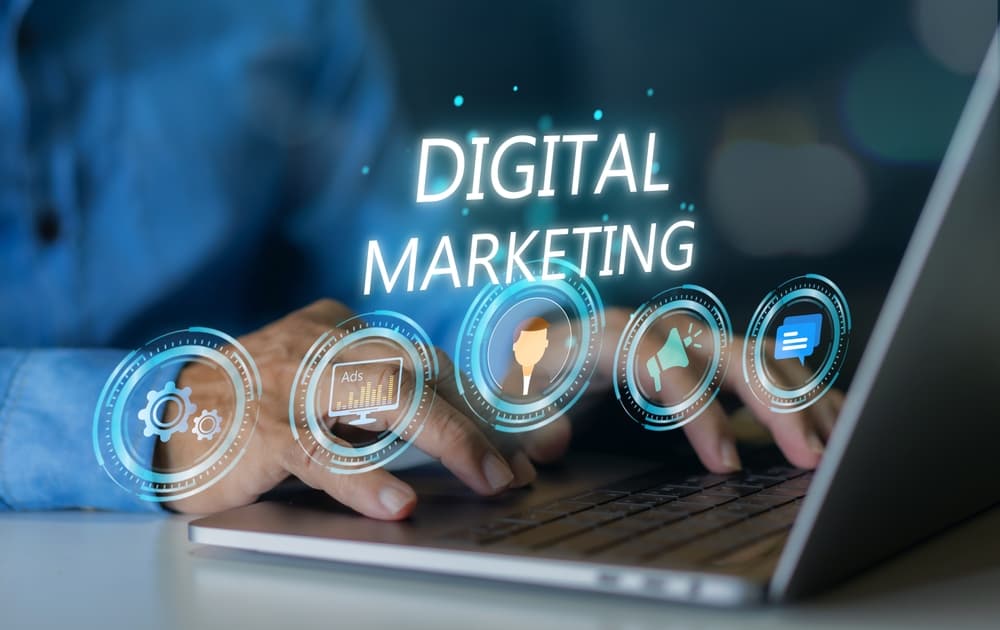Customer Experience Remains a Key Focus in Digital Marketing
Customer experience is king in digital marketing. While digital tools and technologies evolve, the emphasis on delivering exceptional customer experiences hasn’t waned. It has only intensified as businesses grapple with rapidly changing consumer expectations and the need for personalized engagement across multiple channels.
Today’s consumers have become more discerning and less forgiving, expecting frictionless and meaningful interactions at every digital touchpoint. Brands are under pressure to rise to the occasion.
Those who study to become business leaders and marketing directors, including those in an MBA in marketing program, understand that in a digital-first era, focusing on customer experience (CX) isn’t just about meeting basic needs. They must also anticipate those needs, create connections, and foster the kind of brand loyalty that drives long-term success.
As noted by experts in the field, CX matters more than ever in the face of a competitive market and economic challenges.
Technology Drives Personalized and Meaningful Experiences
At the heart of digital marketing’s evolution lies technology. Digital marketing is now intertwined with data analytics and artificial intelligence, making it possible for brands to tailor experiences more precisely than ever. Personalized content delivery, predictive product recommendations, and real-time customer service powered by AI are becoming standard practices.
These advancements are not just about convenience. They also enable brands to create genuinely valuable experiences, making customers feel understood and appreciated. Marketers can leverage extensive data sets to gain deep insights into consumer behavior, but the true challenge is translating this information into actions that resonate on a human level.
Customer-Centric Strategies: Adapting in Real Time
Customer-centric strategies are also reshaping how brands approach digital campaigns. Rather than employing one-size-fits-all approaches, marketing teams segment their audiences and deliver hyper-relevant content. They can also adjust strategies based on real-time feedback and engagement metrics.
This agile approach has proven essential in an era where trends can shift overnight and consumer sentiment can change with a viral post. For instance, brands that successfully navigate social media platforms understand that customer engagement extends beyond product promotions. Active community participation, meaningful conversations, and thoughtful responsiveness can drive customer satisfaction and brand trust.
Challenges: Integration and Trust
Despite these advancements, creating a seamless customer experience remains a challenge. Digital marketers are increasingly tasked with integrating various technologies and platforms to provide cohesive experiences, all while maintaining transparency and data security.
As personalization becomes more refined, consumers have grown more aware of privacy concerns, making it critical for brands to balance personalized marketing with ethical data practices. Once broken, trust is difficult to rebuild, and marketers are under pressure to ensure that every interaction reinforces a brand’s credibility.
How an MBA in Marketing Prepares Leaders for the Challenge
Touro University Worldwide’s MBA with a concentration in marketing prepares graduates for leadership in the innovative world of digital marketing. As the field becomes more complex, the demand for professionals who can align customer experience goals with business objectives is higher than ever.
An MBA in marketing equips graduates with the necessary skills to lead in this evolving space. It covers essential areas such as consumer behavior, data-driven decision-making, and emerging technologies. The program prepares future marketers to think critically, develop innovative strategies, and implement solutions that enhance customer experiences and drive revenue growth.
A marketing-focused MBA program also offers the unique advantage of combining business acumen with practical, real-world insights into digital trends. Graduates learn to view customer experience as a marketing initiative and a core business strategy that requires cross-functional collaboration. They emerge prepared to tackle the complexities of digital marketing, armed with an understanding of how to build and sustain relationships in an increasingly interconnected world.







